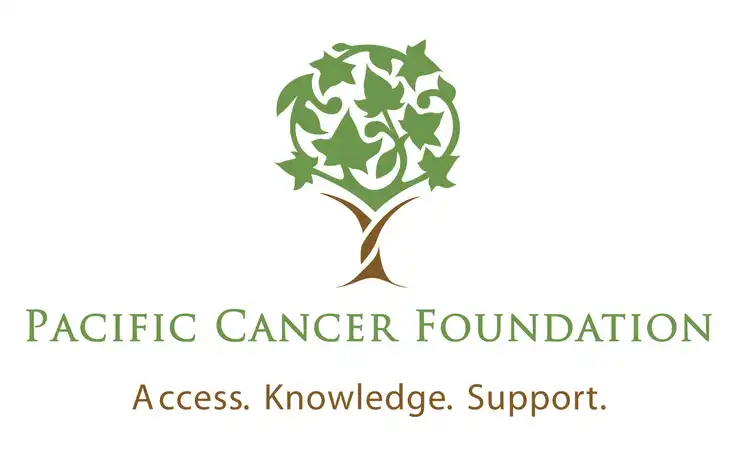Work underway to move those impacted by Maui wildfires from emergency shelters to hotel rooms
Work is underway to close all the emergency shelters on Maui, with the goal to have anyone affected by the deadly wildfires placed in hotel rooms by next week.

That was the update from American Red Cross Vice President for Disaster Operations Brad Kieserman during a press conference Thursday hosted by the Federal Emergency Management Agency with non-governmental organization leadership, who provided updates on their ongoing response and recovery efforts on the Valley Isle.
“Anyone who was a resident of the affected area of an uninhabitable home will be placed into a hotel room,” said Kieserman. “Not Airbnbs, not VRBO, but inspected, regulated facilities where survivors can be safe.”
The hotel housing is being provided through a FEMA program, which the Red Cross is administering under a contract with the state of Hawai‘i, and people will be able to stay in hotels as long as it takes to find long-term housing solutions. Kieserman expects that will take at least seven or eight months.
He is encouraged by the work by the housing task force established by the federal emergency agency and thinks functional housing solutions for those affected will be available by next spring.
When survivors are in hotels, they will receive exactly the same services available now at the shelters: meals, mental health support, health services support, spiritual care, reunification, financial assistance and case work.
It also won’t just be the Red Cross providing services.
“We’re inviting all of our partners at every level of government and across the VOAD that if they have services they think will be helpful for folks in non-congregate shelters, we’re going to set up an organized process to make sure the clients and the survivors have access to those services,” Kieserman said.
It will probably take about a week to get everyone impacted into the program. That also includes people who have not been staying at emergency shelters, including those staying in parking lots, tents and cars or with relatives and those already in hotels — everyone who is eligible will be given access to the disaster housing program.
Kieserman said the island’s hotels and tourism officials from the state and Maui County have been incredibly cooperative, so he’s confident there will be enough rooms for everyone who is eligible and needs one.
There are 750 rooms blocked for survivors, with priority to be given first to those now staying in emergency shelters. Since Wednesday, Kieserman said at least several hundred households have made the move.
Three Red Cross teams are in West Maui today contacting others in need of housing who are not staying at shelters. For those already staying in hotel rooms, if they are eligible for the housing program, their rooms will be covered.

To be eligible, people must be residents of the impacted area outlined in President Joe Biden’s major disaster declaration, which includes all of Maui County, whose homes are uninhabitable. While they do not have to be eligible for other FEMA assistance, those seeking housing through the program must register with the agency to remain eligible.
For any reason someone doesn’t meet the requirements, officials will work with them to find different transitional housing. Kieserman reiterated while answering a question from the press that anybody who lived in the impacted areas will get help.
The disaster housing program is a cost-share between the state and federal government. Typically, the federal government will pay 75% of the cost with the state picking up the remaining 25%, but the president has the authority to change those percentages. Kieserman said there have been some discussions about a 90% or 100% cost-share.
The Red Cross will also begin in earnest next week a financial assistance program for those impacted by the wildfires. Because the housing program is covered by the state and federal governments, that allows other donated funds — which continue to pour in from around the globe — can be used for other needs.
“Because of the generosity of Americans and people from all over the world … we’re going to be able to quadruple the amount of financial assistance that we’re able to provide survivors here,” Kieserman said. “We were able to double the amount of financial assistance that we provide to those who have, unfortunately, experienced fatalities that are next of kin and we have also been able to quadruple the amount of funds we have available to help people when it’s time to transition out of hotel rooms and into a more stable transitional housing solution.”
This is happening right now, he said. These decisions will have an immediate benefit on survivors on Maui.
Those who need housing can call 1-800-RED-CROSS (1-800-733-2767) for more information. To register for FEMA assistance, people can call 1-800-621-3362, visit the FEMA disaster assistance website, download the FEMA assistance app or visit the recently opened disaster recovery center on Maui.

The Red Cross is also working with the FBI, Maui County authorities, FEMA and other organizations to support those who have lost loved ones in the wildfires. Kieserman said a program will be announced soon to help people off-island to help collect the remains of lost loved ones or get to Maui to recover them.
The organization is also helping facilitate the identification of remains through DNA sampling and operations at the Family Assistance Center to provide services to next of kin to help navigate the emotional toll involved with this type of loss.
Kieserman has been able to go into the impacted areas with colleagues from FEMA and the urban search and rescue team to see the destruction.
“I have been to most major disasters in the United States in the past decade,” he said. “Folks, I have to tell you this is truly unprecedented in terms of the scope of destruction, the speed at which the fire moved and just the level of fatality and physical destruction.”
Kieserman also has had the opportunity to speak with many people from Lāhainā, and the level of trauma for survivors is unspeakable. The unmet needs of survivors are vast, broad and deep.
However, the efforts of government agencies and volunteer organizations has been well-coordinated and he thinks those on the ground are being well-supported and will be able to take care of the Valley Isle’s people.
“Thanks to all of our partners and everyone who has contributed to the effort,” Kieserman said, adding the support pouring in for Maui “has truly been just breathtakingly encouraging.”










